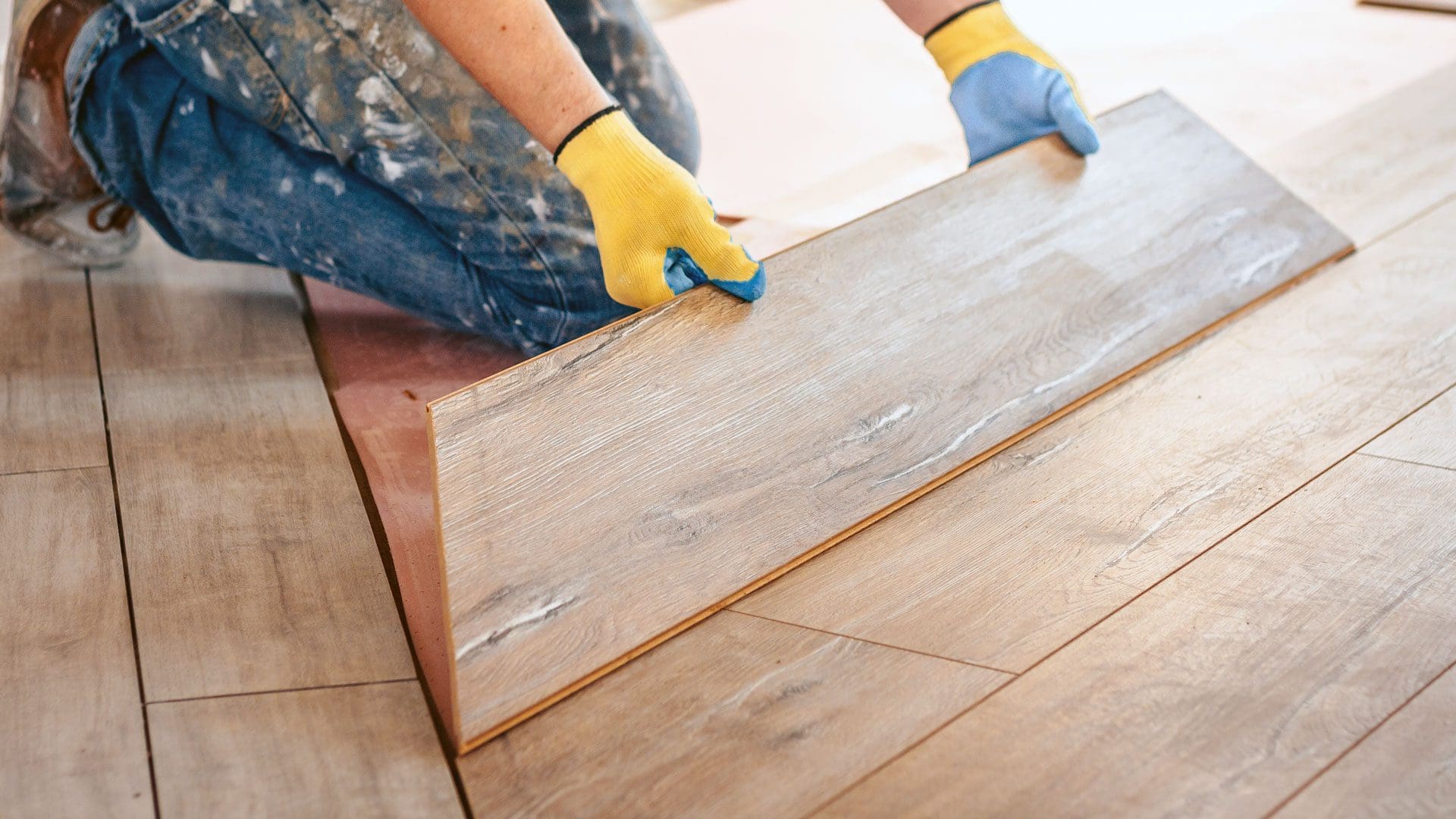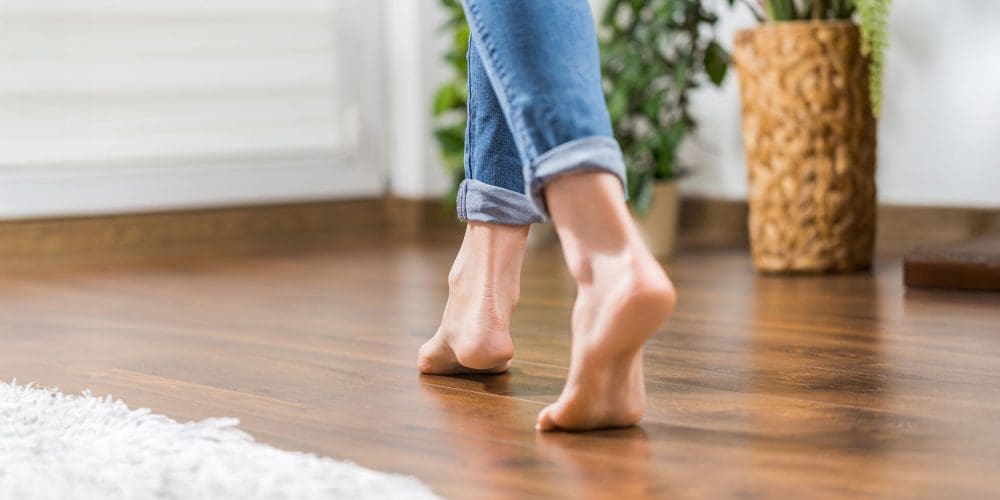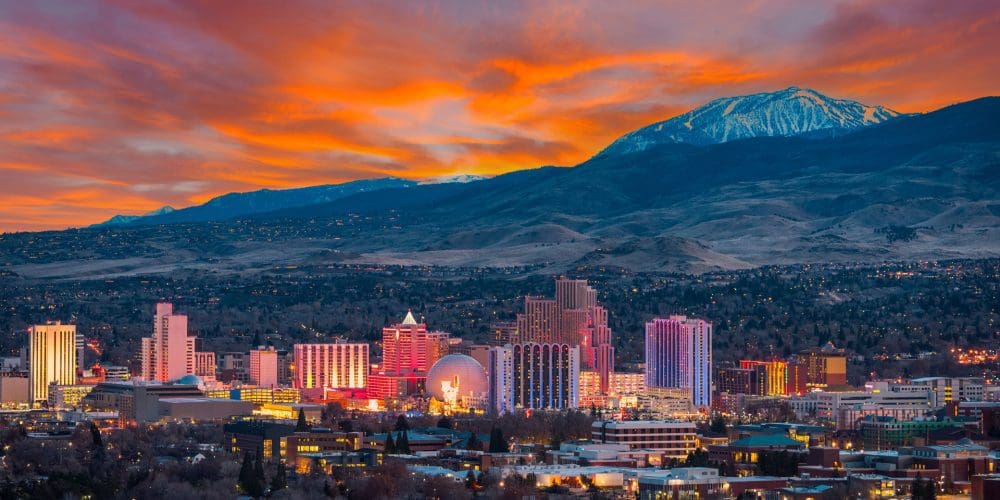Creaking hardwood floors can be annoying, especially in the quiet of the night when every step seems to echo through the house. But what causes hardwood floors to creak, and how can you fix it? Whether it’s a minor annoyance or a sign of a bigger issue, understanding the root causes can help you find the best solution.
Hardwood is a natural material that expands and contracts based on moisture levels. In Reno’s arid climate, low humidity can cause wood to dry out, leading to:

If creaking persists despite DIY fixes, it may indicate subfloor problems or widespread movement that require professional repairs. Northern Nevada Hardwood Floors specializes in diagnosing and fixing hardwood floor issues, ensuring long-term durability and quiet, stable flooring.






Comments (0)